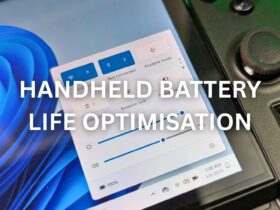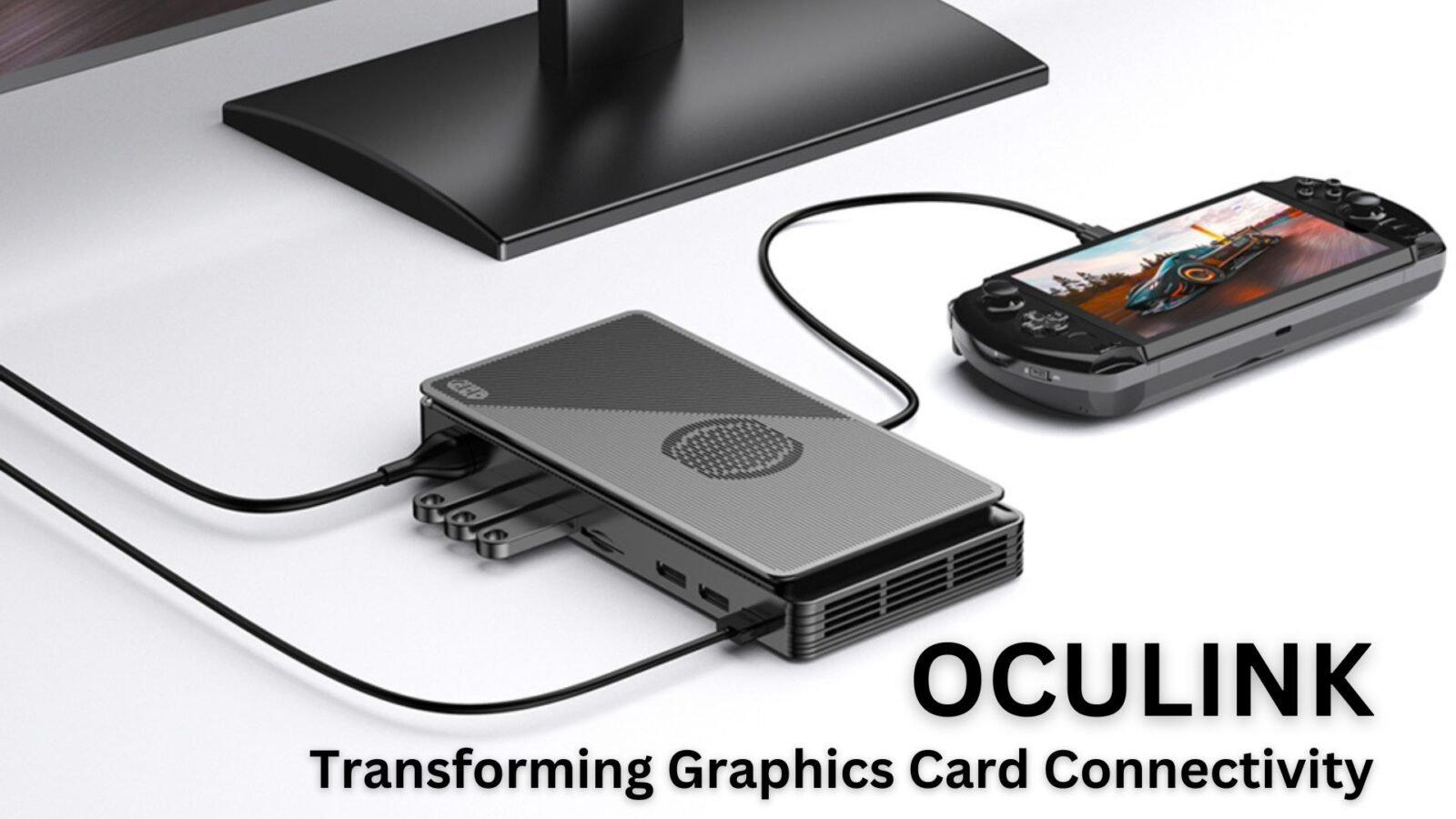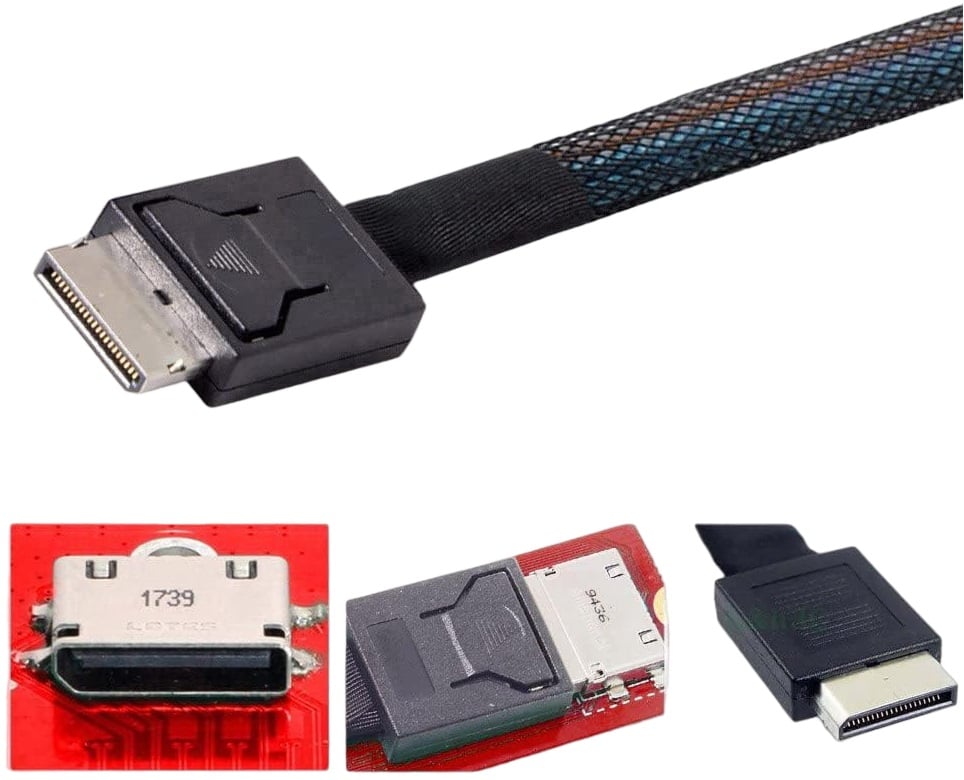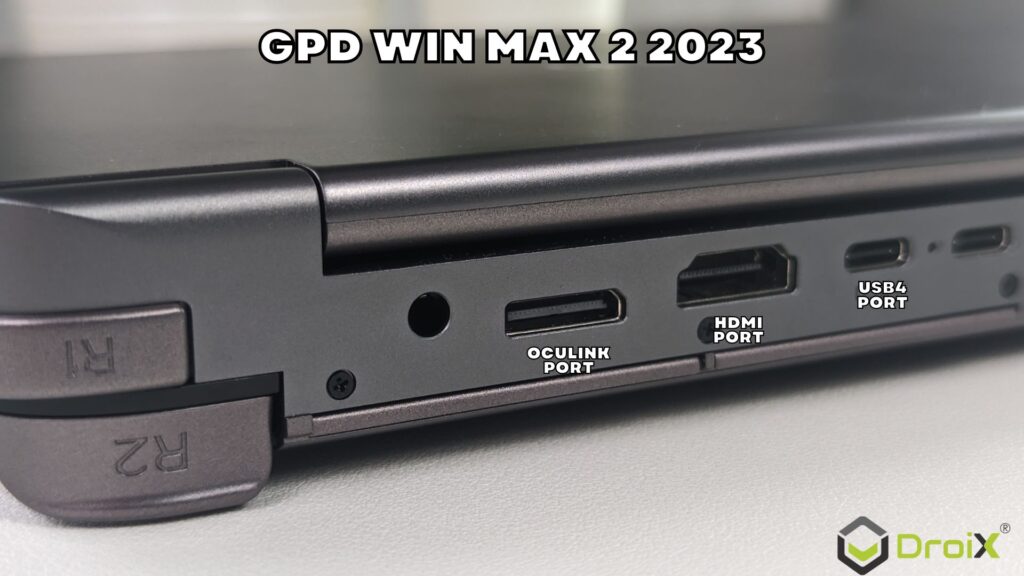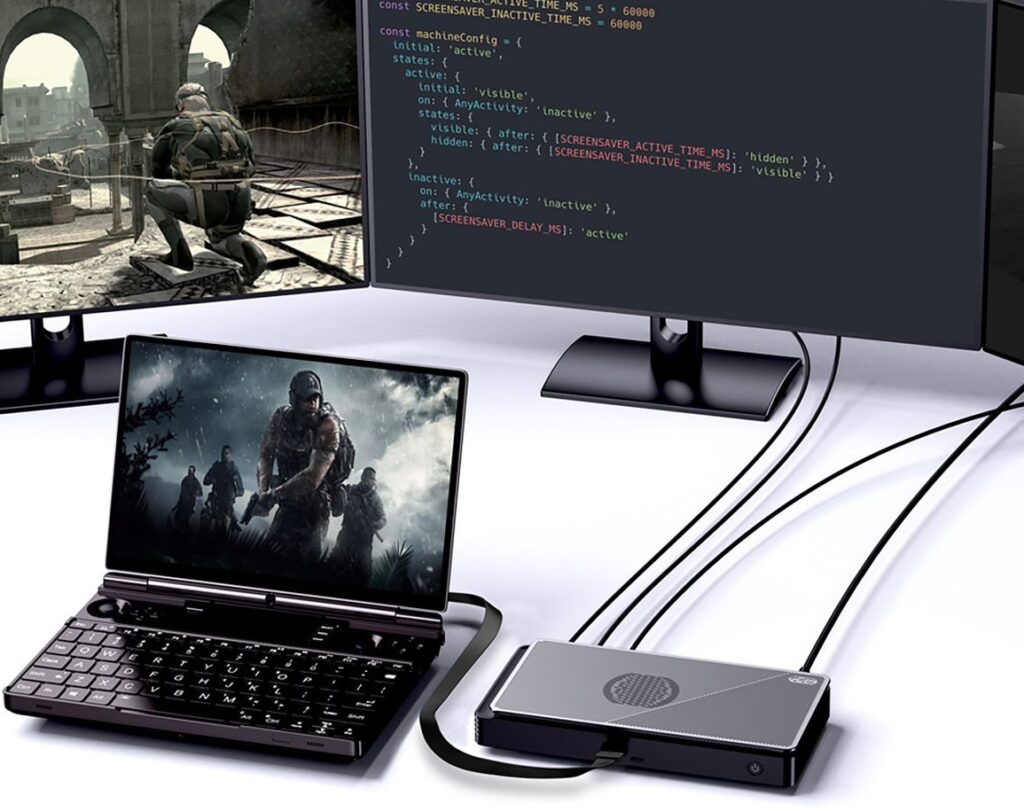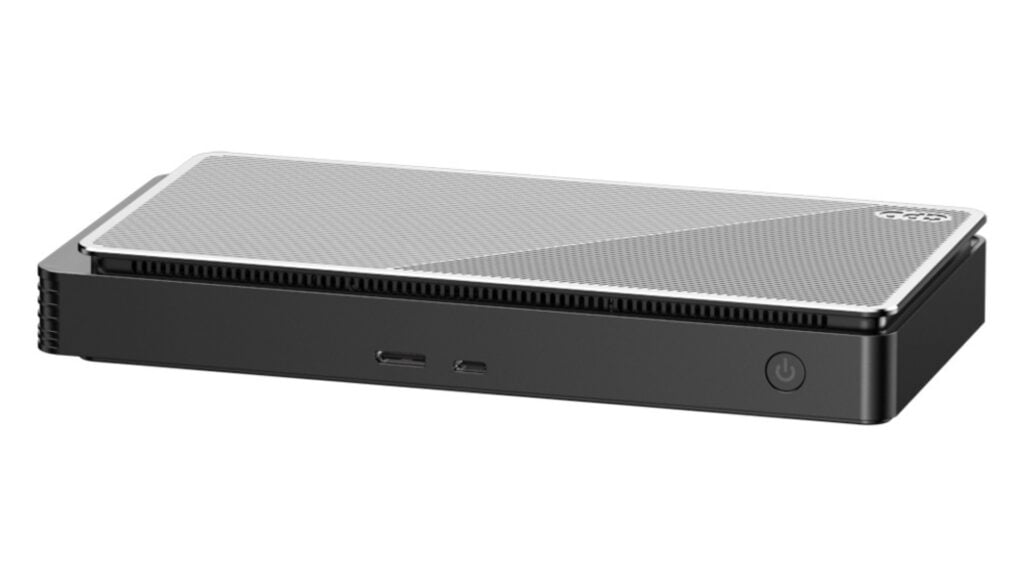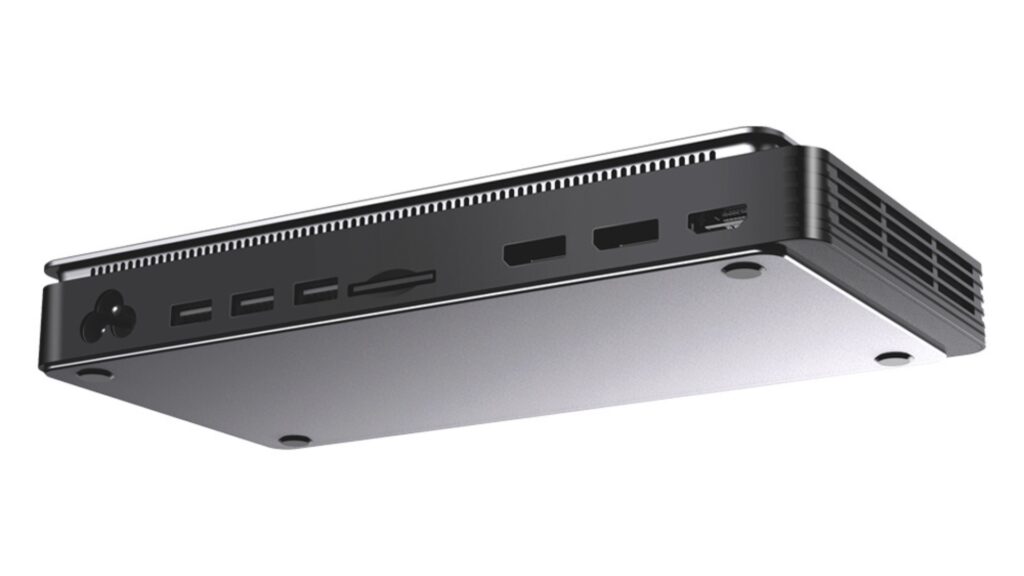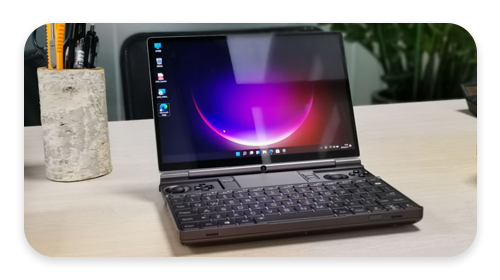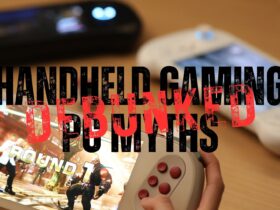Over the coming months we will be seeing Oculink more frequently as the next generation of handheld gaming PC’s will feature it. But what is Oculink?
In the fast-paced world of computing, advancements in connectivity play a pivotal role in shaping the efficiency and performance of hardware components. When it comes to graphics card connectivity, this technology has emerged as a groundbreaking solution that offers significant advantages over traditional methods. By harnessing the power of PCIe (Peripheral Component Interconnect Express) technology, it has revolutionized the way graphics cards are connected. In this article, we will delve into the intricacies of Oculink, exploring its functionality, benefits, and technical specifications, while highlighting its superiority over other methods like USB 4.
Understanding Oculink
Oculink is a cutting-edge, high-speed interface designed specifically for connecting graphics cards to host devices such as motherboards or external enclosures. Developed by leading technology companies, Oculink has introduced a new era of graphics card connectivity with its exceptional performance and versatility. Unlike conventional methods, it leverages the power of PCIe technology, enabling lightning-fast data transfer rates and supporting multiple lanes for increased bandwidth.
Superior Data Transfer Speed
Oculink’s remarkable performance is evident in its data transfer speeds. By employing the PCIe Gen 4.0 or Gen 5.0 protocol (depending on the version), it achieves unparalleled speeds. With Gen 4.0, it supports data transfer rates of up to 16 gigatransfers per second (GT/s) per lane. Gen 5.0 takes it even further, reaching speeds of up to 32 GT/s per lane. These impressive speeds allow it to handle massive amounts of data swiftly and seamlessly, leading to improved system performance and reduced latency.
Enhanced Bandwidth and Scalability
Oculink’s utilization of PCIe technology brings with it the advantage of increased bandwidth and scalability. With multiple lanes, Oculink enables simultaneous data transfers, leading to efficient utilization of available bandwidth. This scalability makes it ideal for high-end graphics cards that demand substantial data throughput for tasks such as gaming, rendering, or artificial intelligence applications. Additionally, the ability to support multiple graphics cards in configurations like SLI (Scalable Link Interface) or CrossFire further boosts its appeal for enthusiasts seeking maximum performance.
Powerful and Compact Form Factor
Oculink offers a compact form factor, making it an attractive solution for systems with limited space or compact form factor PCs. Compared to alternative connectivity options, such as USB 4, it provides a more streamlined and efficient connection to graphics cards with 63Gbps effective bandwidth. USB 4, while versatile provides up to 40Gbps effective bandwidth, it is designed for a wide range of devices and lacks the dedicated focus on graphics card connectivity that Oculink provides. With its compact design, it enhances system airflow and allows for more flexible hardware configurations.
Efficient Power Management
Another notable advantage of Oculink is its advanced power management capabilities. It intelligently adjusts power consumption based on the graphics card’s workload, optimizing power efficiency. This feature not only reduces overall power consumption but also minimizes heat generation, resulting in a cooler and more energy-efficient system. In contrast, USB 4 lacks the granular power management capabilities specific to graphics card requirements, potentially leading to suboptimal power usage.
Future-Proof Compatibility
Oculink is designed to be backward compatible with previous generations of PCIe, ensuring compatibility with a wide range of devices. This backward compatibility allows users to seamlessly connect new graphics cards to existing PCIe slots without the need for extensive hardware upgrades. Furthermore, Oculink’s support for the latest PCIe versions ensures future-proof compatibility with upcoming graphics card releases, safeguarding investments and offering a longer lifespan for the connectivity solution.
What products support Oculink?
2023 will see products supporting Oculink out of the box. Handheld gaming PC manufacturers GPD are at the forefront with their WIN MAX 2 2023, Win 4 (7840U) and Win Mini products all having a dedicated port.
In addition, GPD will also be releasing the GPD G1, a combined docking station and graphics card, complete with Oculink port. The AMD Ryzen RX 7600M XT GPU will connect directly to the GPD handheld providing high speed data transfer for gaming.
As well as providing a high speed connection for graphics, the GPD G1 docking station features USB4 and USB 3.2 ports, high speed SD 4.0 card reader and HDMI 2.1 and DisplayPort 1.4a for up to triple monitors.
Conclusion
Oculink stands as a game-changer in the realm of graphics card connectivity, thanks to its blazing-fast data transfer speeds, enhanced bandwidth, compact form factor, efficient power management, and future-proof compatibility. When compared to alternative methods like USB 4, it offers dedicated performance for graphics card requirements, providing a superior choice for enthusiasts and professionals seeking the highest levels of performance and reliability. As technology continues to advance, it remains at the forefront, transforming the way graphics cards connect and enabling exceptional experiences in the world of computing.





